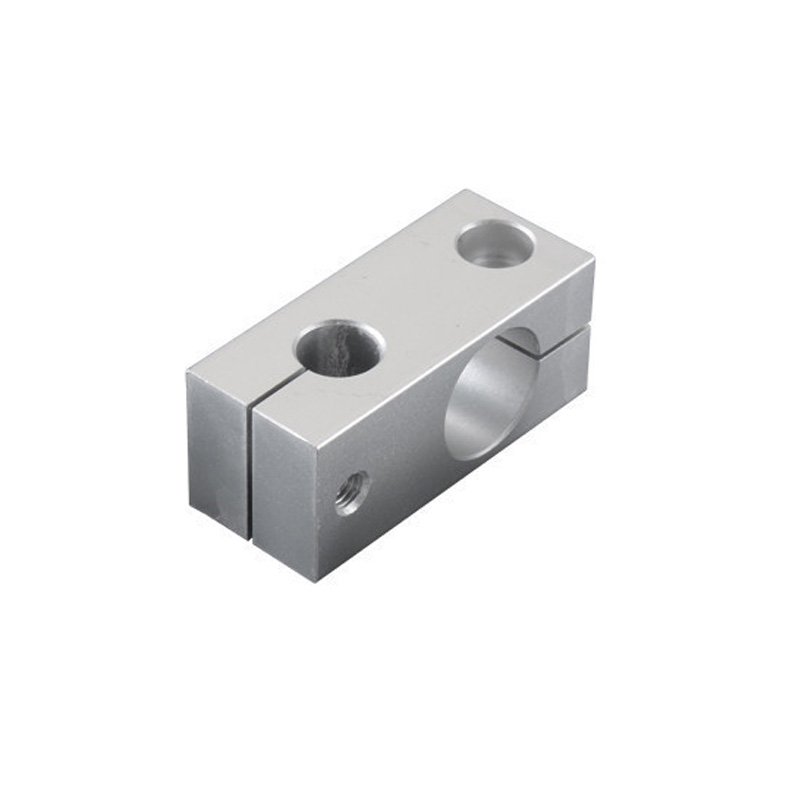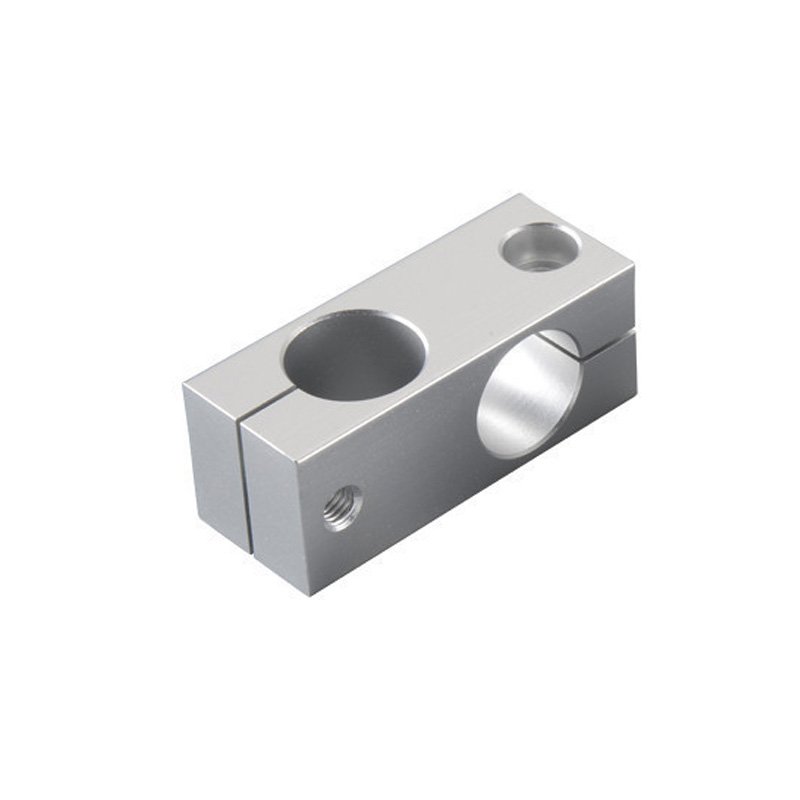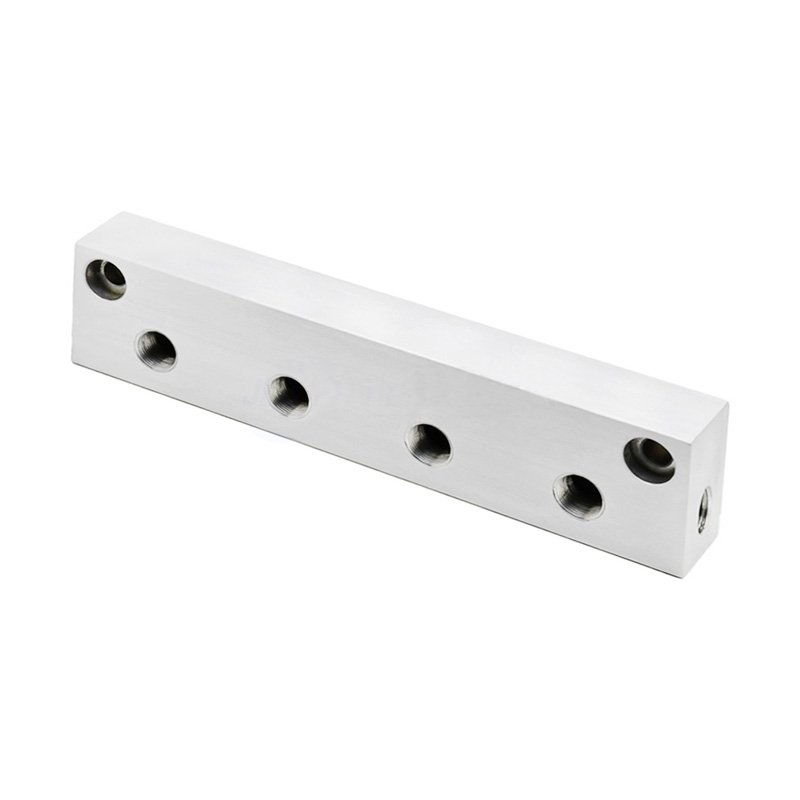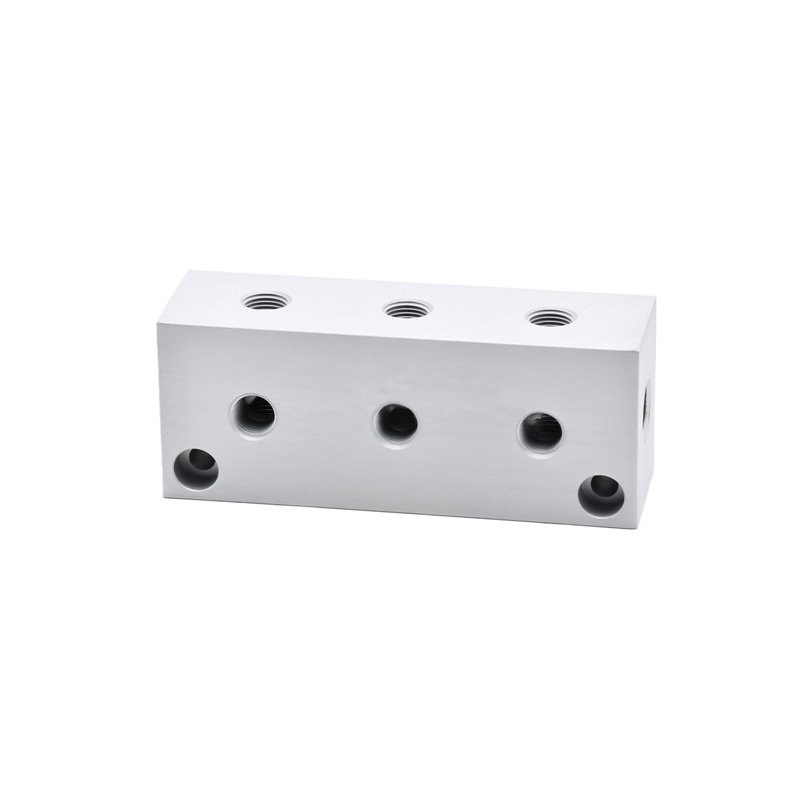Connector blocks, also known as manifold blocks, are essential components in fluid and air distribution systems. They are widely used in industries such as manufacturing, automation, and machinery to distribute fluids or air efficiently and reliably. These blocks are designed to connect multiple lines, adapt various fittings, and ensure leak-free operation. This article provides a detailed overview of connector blocks, their types, materials, applications, and key considerations for selection and use, based on real-world data and examples.
What Are Connector Blocks?
Connector blocks are modular components used to distribute fluids (such as oil, water, or coolant) or air in industrial systems. They are designed to connect multiple lines, adapt fittings, and provide a centralized distribution point. Connector blocks are available in various configurations, materials, and surface treatments to suit different applications and environmental conditions.
Key Features of Connector Blocks
- Versatility: Compatible with various fittings, such as C-type fittings, PC straight fittings, and quick-connect fittings.
- Leak-Free Operation: Designed to ensure reliable sealing and prevent leaks.
- Durability: Made from materials like aluminum, stainless steel, and brass for long-lasting performance.
- Lightweight and Cost-Effective: Aluminum blocks are lightweight and economical, while stainless steel blocks offer high strength and corrosion resistance.
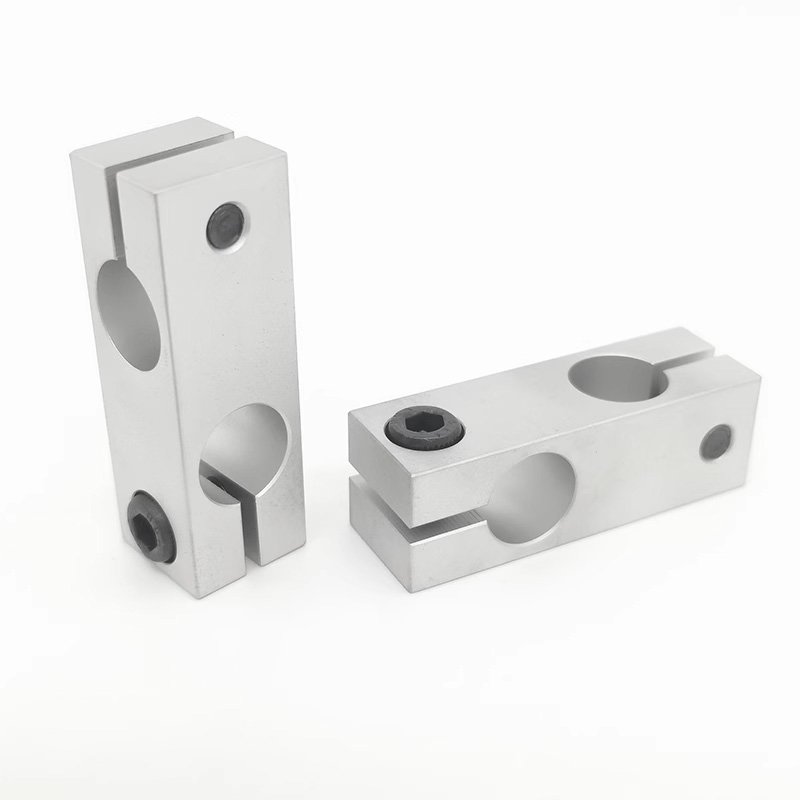 Types of Connector Blocks
Types of Connector Blocks
Connector blocks are classified based on their application and design:
1. Pneumatic Connector Blocks
- Design: Used for air distribution in pneumatic systems.
- Configurations:
- I-Type: Straight-through design for linear distribution.
- L-Type: 90-degree design for corner connections.
- T-Type: Three-way design for branching connections.
- Cross-Type: Four-way design for complex distribution.
- Applications: Used in air compressors, pneumatic cylinders, and air tools.
2. Hydraulic Connector Blocks
- Design: Used for fluid distribution in hydraulic systems.
- Configurations:
- I-Type: Straight-through design for linear fluid flow.
- L-Type: 90-degree design for corner fluid flow.
- T-Type: Three-way design for branching fluid flow.
- Cross-Type: Four-way design for complex fluid distribution.
- Applications: Used in hydraulic machinery, lubrication systems, and coolant distribution.
Materials and Surface Treatments
Connector blocks are made from various materials to suit different applications and environmental conditions:
1. Materials
- A5052 Aluminum: Lightweight and corrosion-resistant, ideal for pneumatic systems.
- SS400 Carbon Steel: High strength and durability, suitable for hydraulic systems.
- SUS316 Stainless Steel: Excellent corrosion resistance, ideal for harsh environments.
- Brass: Good machinability and corrosion resistance, used in both pneumatic and hydraulic systems.
2. Surface Treatments
- Anodizing: Enhances corrosion resistance and surface hardness for aluminum blocks.
- Zinc Plating: Provides corrosion resistance for carbon steel blocks.
- Electroless Nickel Plating: Improves wear and corrosion resistance for stainless steel blocks.
Applications of Connector Blocks
Connector blocks are used in a wide range of industries and applications, including:
1. Manufacturing
- Example: In CNC machines, connector blocks distribute coolant to cutting tools.
2. Automation
- Example: In robotic systems, connector blocks distribute air to pneumatic actuators.
3. Hydraulic Systems
- Example: In construction machinery, connector blocks distribute hydraulic fluid to cylinders and motors.
4. Pneumatic Systems
- Example: In assembly lines, connector blocks distribute air to pneumatic tools and cylinders.
Selection Criteria for Connector Blocks
When selecting connector blocks, consider the following factors:
1. Application
- Pneumatic vs. Hydraulic: Choose blocks designed for air or fluid distribution based on your system requirements.
2. Material
- Aluminum: Ideal for lightweight and corrosion-resistant applications.
- Stainless Steel: Suitable for high-pressure and corrosive environments.
- Brass: Offers good machinability and corrosion resistance.
3. Pressure Rating
- Pneumatic Blocks: Maximum pressure of 1 MPa (10 kgf/cm²) for aluminum and brass.
- Hydraulic Blocks: Maximum pressure of 20.6 MPa (210 kgf/cm²) for stainless steel and carbon steel.
4. Configuration
- I-Type, L-Type, T-Type, Cross-Type: Choose the configuration that matches your distribution needs.
5. Surface Treatment
- Anodizing, Zinc Plating, Nickel Plating: Select the treatment that provides the required corrosion and wear resistance.
Installation and Maintenance Tips
1. Installation
- Sealing: Use thread seal tape or sealant to ensure leak-free connections.
- Alignment: Ensure proper alignment of fittings and blocks to prevent stress and leaks.
2. Maintenance
- Inspection: Regularly check for signs of wear, corrosion, or leaks.
- Replacement: Replace damaged or worn blocks to maintain system performance.
Common Issues and Solutions
1. Leaks
- Issue: Improper sealing or damaged threads can cause leaks.
- Solution: Use thread seal tape or sealant and ensure proper installation.
2. Corrosion
- Issue: Carbon steel blocks may corrode in humid or corrosive environments.
- Solution: Use stainless steel or coated blocks for better corrosion resistance.
3. Overpressure
- Issue: Exceeding the pressure rating can damage the block.
- Solution: Ensure the block’s pressure rating matches the system requirements.
Conclusion
Connector blocks are indispensable components in fluid and air distribution systems, providing reliable and efficient distribution for a wide range of applications. By understanding the different types, materials, and selection criteria, you can ensure optimal performance and longevity of your systems. Whether you’re working in manufacturing, automation, or hydraulic systems, connector blocks are a critical part of your success.


